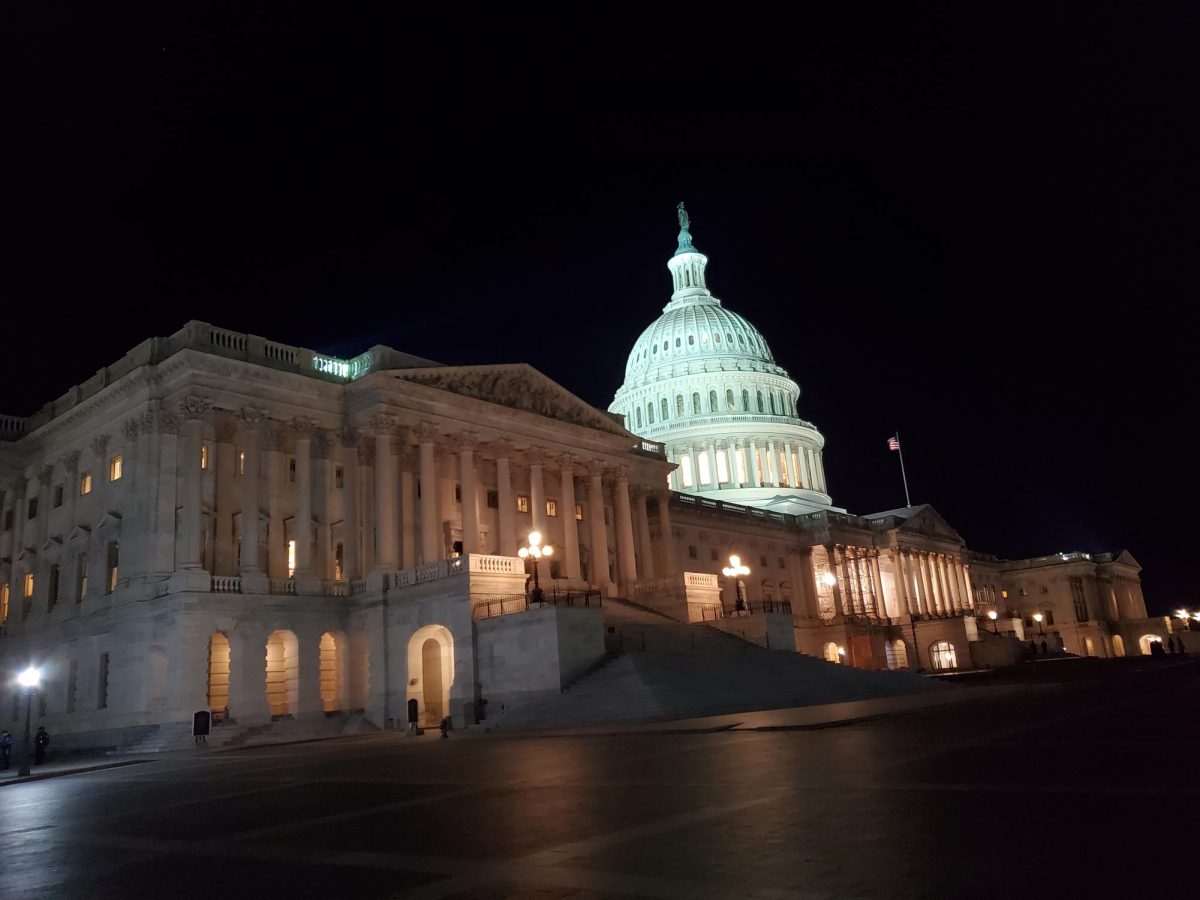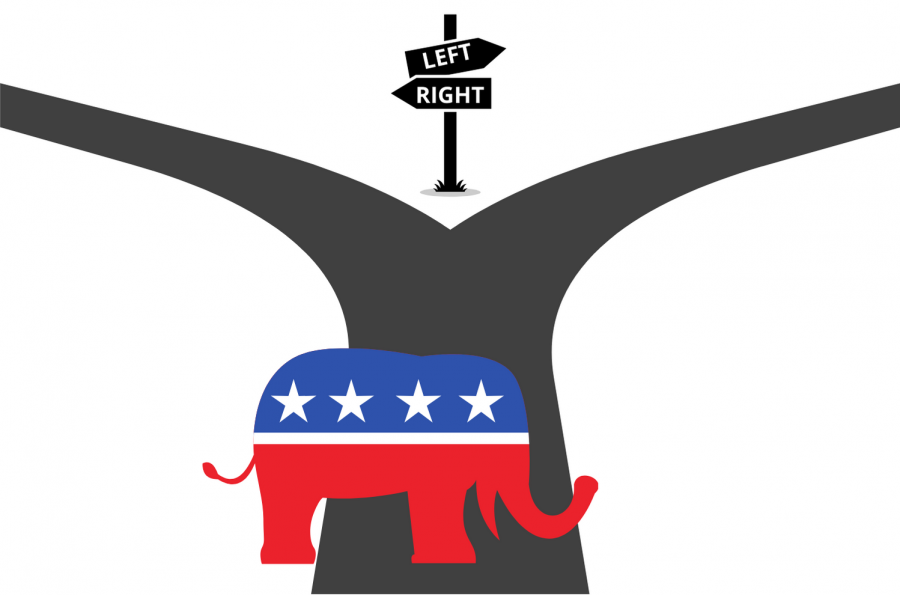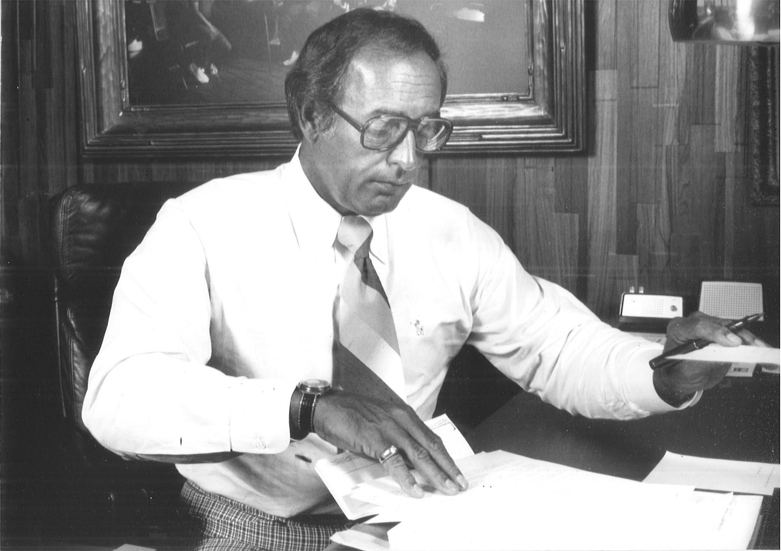Tariq al-Hashemi, the Sunni vice president of Iraq, has been sentenced to death by Iraq’s Supreme Judicial Council.
This verdict, which has been made against a member of the Sunni sect of Islam by a predominantly Shi’ite-member government, has increased sectarian tensions in Iraq.
Al-Hashemi was issued a warrant by Shi’ite Prime Minister Nouri al-Maliki on Dec. 19, 2011 — a day after the US military exited Iraq — for his role in commanding death squads. Al-Hashemi fled to the northern Kurdish region of Iraq and eventually made his way out of the country to Qatar. He currently resides in a Turkish government residence in Istanbul.
The prosecutors initially charged al-Hashemi for being involved in 150 killings through the use of death squads. After a 9-month trial, al-Hashemi has been sentenced, in absentia, to death by hanging for two murders.
“He was involved directly in killing a female lawyer and a general with the Iraqi army,” said Mr. Abdul Sattar al-Berqdar, the spokesperson of Iraq’s Supreme Judicial Council, to CNN on Sunday.
According to Iraqi law, al-Hashemi and his son-in-law Ahmed Qahtan, who received the same sentence, can appeal the sentence because it is a sentence of death by hanging.
Mr. al-Hashemi is yet to make a statement in reaction to his sentence.
Acts of sectarian violence erupted in Iraq following the announcement of the sentence on Sunday, Sept. 9. Nearly 80 people were killed and another 270 were injured during the course of the day.
The high-profile sentence has raised sectarian tensions within the government. The Iraqi government contains strong internal divisions between the Sunni, Shi’ite and Kurdish peoples. All the groups want a stake in the post-Saddam Hussein regime.
Many sectarian Sunnis regard the verdict as a personal attack on the Sunni sect, since al-Hashemi was the highest ranked Sunni official in Iraq’s mostly Shi’ite Muslim government.
“The whole thing from the beginning was a conspiracy against the Sunnis,” said Sheikh Talal Hussain al-Mutar, the leader of a major Sunni tribe, to the New York Times. “The whole investigation and courts were fake and controlled by the government. This will make the situation in Iraq worse.”
Shi’ite leaders denied such allegations. Ali al-Alak, a leader of the Shiite-dominated Dawa party, pointed to the fact that the panel of judges consisted of members from both the Sunni and Shi’ite political parties.
“The sentence is a victory for all Iraqis and a victory for justice,” he said.
The sectarian tension carries serious security concerns. Though still not reaching 2006-2007 levels of violence, sectarian violence still hit a two-year high in Iraq in July 2012 with 325 deaths.
The outbreak of violence on Sunday has yet to be claimed by any one insurgency group. Many observers are pointing, however, to a rise in terrorist activity by al-Qaeda, the Sunni insurgency group.
Analysts and observers of Iraq’s political and religious conditions are concerned that the sentence and its implications will spur on sectarianism.







